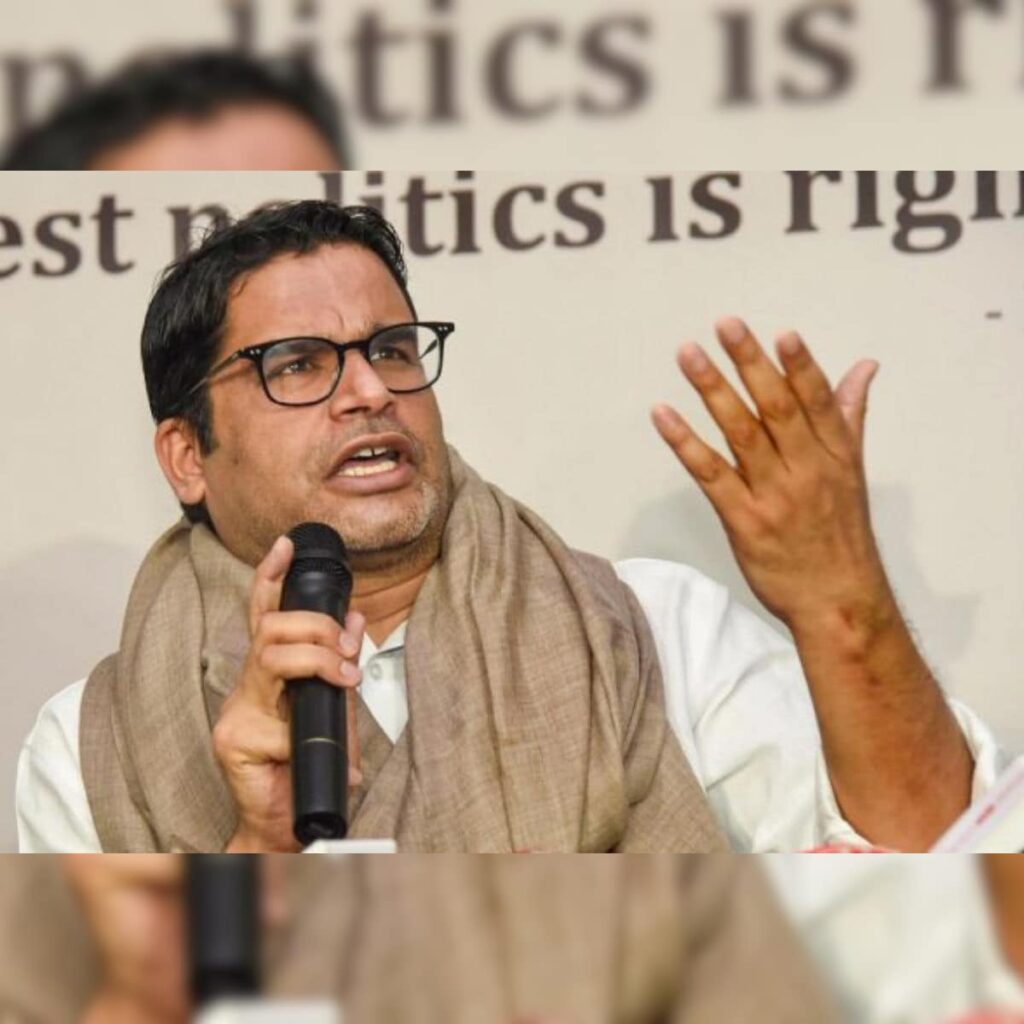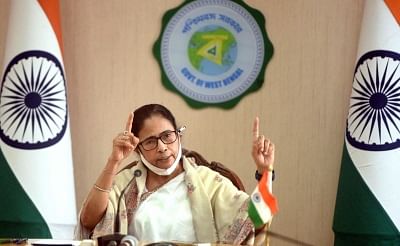Last Updated on 15/02/2022 by Nidhi Khandelwal

The Trinamool Congress is in disarray less than a year after its spectacular victory over the Bharatiya Janata Party in West Bengal. Following its victory, the party embarked on an aggressive national growth strategy. Not only does this appear to be in jeopardy, but instability has gripped the party’s upper command in Kolkata.
The Anandabazar Patrika reported on February 8 that Chief Minister Mamata Banerjee and political consultant Prashant Kishor’s I-PAC were at odds. The situation was so terrible, according to the report, that Banerjee considered terminating I-PAC. At the same time, reports claim that Abhishek Banerjee, the chief minister’s nephew, is using I-PAC to boost his position against the party’s old guard.
Mamata Banerjee slapped the whip on Sunday. With the exception of her own position as chairwoman, she simply dissolved the entire national working committee of the Trinamool Congress. Abhishek Banerjee’s position as national general secretary was revoked.

Within political parties, squabbles between factions are widespread. What’s more concerning is the presence of an outside political strategist in the fray. In fact, in Indian politics, the concept of political consultants is only a decade old. However, as the recent Trinamool civil conflict demonstrates, they have carved out a significant position in Indian politics. What does that mean for Indian democracy?










